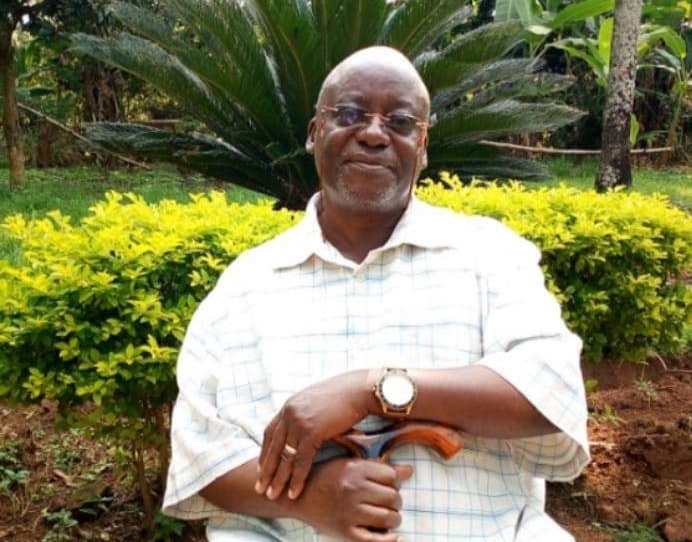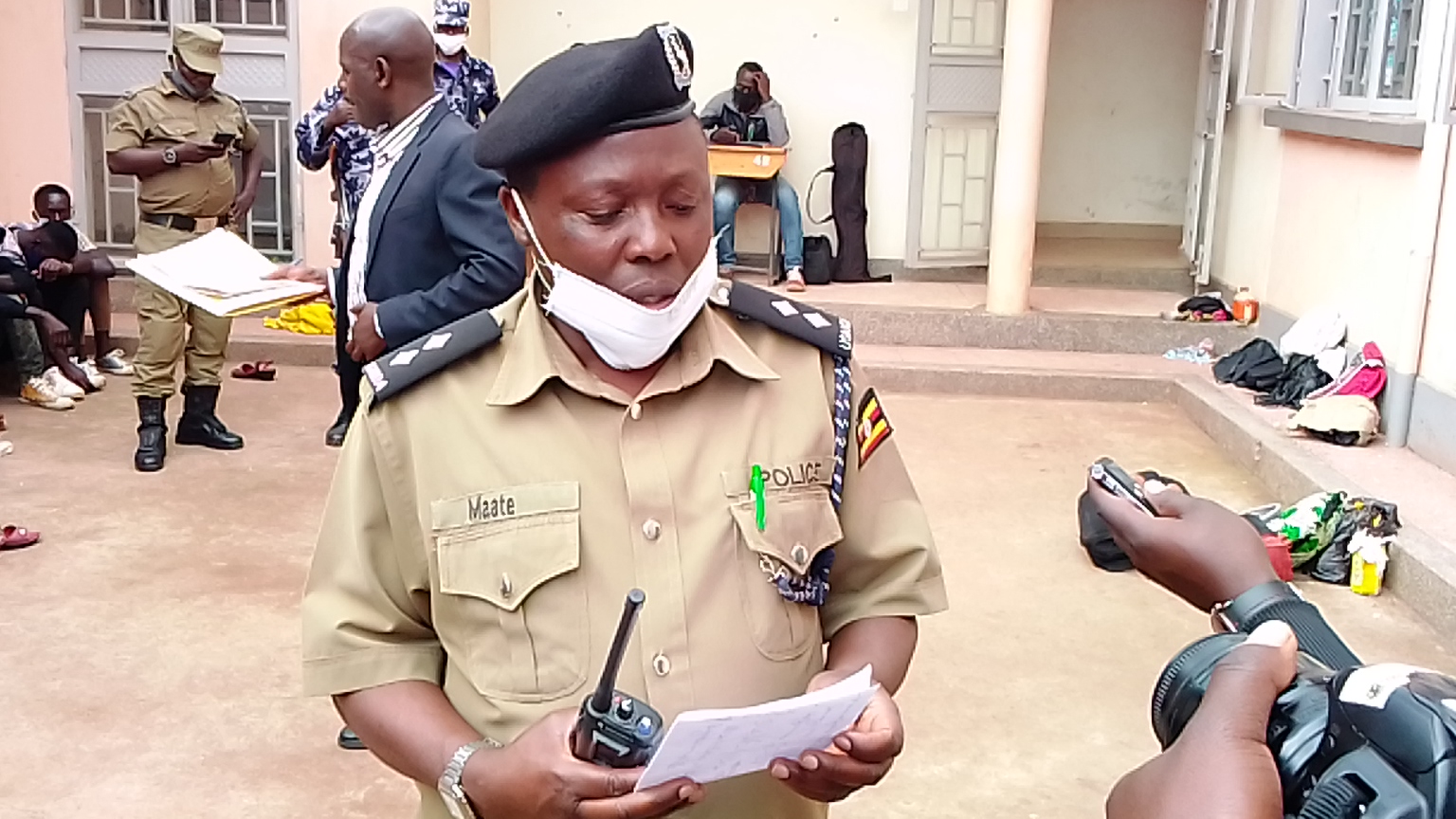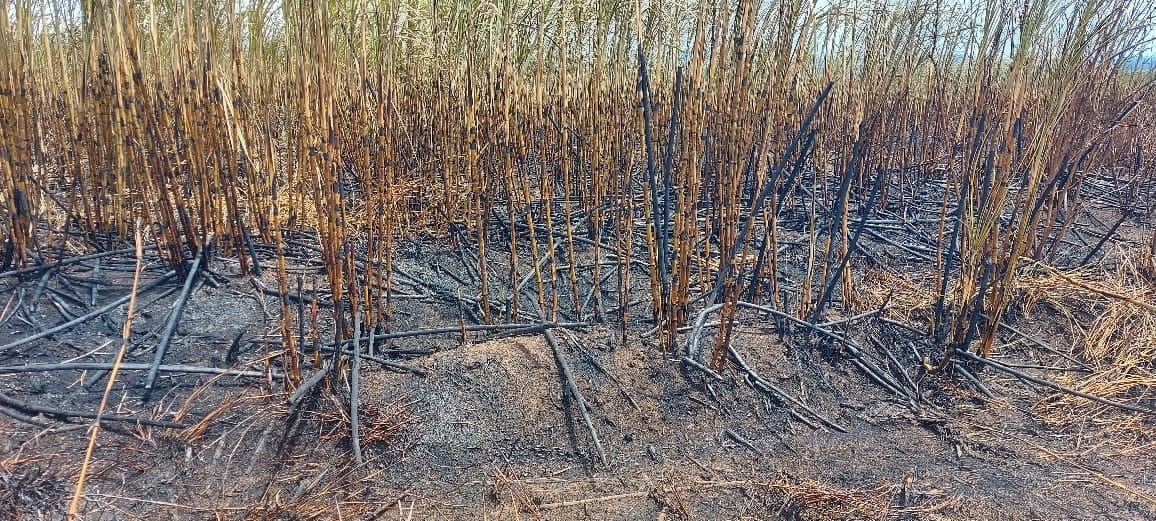Uganda is a member of the Global Village. In 2000 or there about its government was the first government in Africa to declare that globalization would be its pathway to development. It preceded the African Union in making a simila declaration. At the centre of the Global Village and globalization are fast accumulating knowledge, fast flow of information and fast communication via the Worldwide Web (Internet). Knowledge and information are communicated very fast via Internet before it is in print. It is difficult to conceal information on environmental destruction and human rights violations or even diseases, anywhere on the globe.
The state-owned newspaper, New Vison, on November 10 2022 reported that Attorney General of Uganda, Kiryowa Kiwanuka, was in Geneva, Switzerland, to defend the human rights record of Uganda before the global Human Rights Committee on Torture during its 75th Session, which started on 31 October 2022. The Committee is reviewing the performance of Uganda, along with Malawi, Australia, Chad, EL Salvador and Somalia, in implementing the provisions of the International Convention on Torture and other Cruel Inhuman or Degrading Treatment or Punishment.
The Attorney-General submitted that “This current Government is committed to ending the glaring human rights violations and, indeed, immediately after it came into administration in 1986, Uganda was among the first countries to sign and ratify the Convention”.
As expected, the Attorney-General did not remember the happenings in Luwero, at Mukura in Teso and Northern Uganda, which involved extinguishing the lives of hundreds of Ugandans beyond signing and ratifying the Convention to state how far the human rights record of the Government that came to power through iron and blood had improved its human rights record. He instead, he went on to deny the existence of illegal detention centres known in Uganda as “Safe Houses” where Ugandans and some non-Ugandans have been, and continue to be, confined, mainly for political reasons without opportunity to appear before a court of law. The charges are often cooked up and the victims are frequently released with the cooked-up charges dropped. In many cases tortured people are dumped at police stations. However, the Attorney-General submitted ths:
“The Government of Uganda does not run any safe houses or ungazetted detention areas”, said the Attorney-General adding, “We want to assure this Committee here that the Government of Uganda does not condone the acts of torture. It frowns upon it and we do not prosecute those that have been alleged to have been committing these offences”.
The remarks of the Attorney-General came at a time when incrementally there are concerns internally and externally about the human rights record of the Uganda Government. While Government may have no safe houses or any illegal detention centres, growing evidence seems to suggest that its security institutions, principally the Internal Security Organisation (ISO) and Chieftaincy of Military Intelligence (CMI), or some of their agents, do run illegal detention centres, commonly known as safe houses, which are torture chambers.
Recently, the European Union Parliament intervened to prevent TotalEnergies of France from continuing with the construction of the East African Oil Pipeline from the oil-rich Albertine region of Uganda to the Tanzanian port of Dar-es-Salaam on account of violations of human rights and environment (itself a growing human rights issue of many dimensions (i.e., water, land, food, climate, wildlife, community, social, economic, cultural, etc). The tug of war between European Union and Uganda Government continues. While European Union is stuck on accusing Uganda of abusing human rights and destroying the environment and applying racism in the oil industry, the Government of President Museveni is reasoning that Europe does not want Uganda to develop. Yet Europe has supported Uganda in terms of grants and loans ever since the country gained independence from Great Brittan, which is not a Member of the European Union.
Earlier, on 17 April 2021, the United States Department of State restricted trave to US of some military officers and their families on account of torturing Ugandans in safe Houses. Former Inspector-General of Police, General Kale Kayihuras, under whose reign at the Police so many Muslims lost their lives, was banned along with members of his family for torture of Ugandans in the notorious Nalufenya detention Camp. Chieftaincy Military Intelligence (CMI) chief, Abel Kandiho, under whose reign at CMI the culture of kidnapping people in vehicles called “drones” proliferated was proscribed for running safe Houses in which his agents tortured Ugandans, mainly politicians or political activists.
As late as September 2022, an online newsletter, Grave Vine, reported former Presidential Candidate, General Mugisha expressing concern about the rampant broad day kidnaps in the country. Said the General, “We don’t want a country where people are being picked up by drones and no one is held accountable “. He attributed the rising frequency of kidnaps of civilian to growing fear among those in power of losing power to alternative political forces. He decried the culture of impunity within the circles of power, which he said keeps growing. He added, “The principle of separation of powers in institutions is not working. Parliament is just a shadow of what Parliament is supposed to be. On the surface you might think that there is peace, but below the situation is worrisome… If we want fairness, we have to ensure that whatever we practice is rooted in these values of fairness, justice and equity, among others”.
In early November 2022, drones were driven to former Minister without portfolio, NRM Deputy Chairman for Buganda and a former NRA bush combatant and State Minister Abdul Nadduli’s family home. A number of family members were kidnapped and tortured. Many were dumped back in Luwero without any change -a common practice. Earlier Nadduli’s son, Jakana Sulaiman Nadduli, was kidnapped in a drone and kept in a detention camp where he was severely tortured by State security operatives for several days. He was then dumped in Luzira before being released on bail. It took combatant Abdul Nadduli himself to intervene with appeals to the President of Uganda to have his son released. However, when Jakana Suleiman Nadduli was released, he showed signs of torture and was found dead a few days later. It was reported in the press that his elderly father went to discuss the death of his son with the President. The usually talkative former combatant became silent. Suleiman Jakana Nadduli was an outspoken social media critic of the NRM government and a controversial political activist. In his public discussions and debates, the mushrooming politician always reminded his father’s party and the President about the sacrifices his father, members of his family and other bush combatants that had been sidelined made during the five-year bush war in Luwero that ushered NRM/A and the President to power. He claimed ethnic Tutsi (Banyarwanda) and some Banyankore were the beneficiaries of the bush war in Luwero.
Sabasaba, an online newspaper, reported on August 21 2019, a Mr Gabula Africa Bright accusing Bagyenda, then Director General of ISO, of confining him in a safe House, and operating several illegal detention camps in various parts of the country. Detention centres included Kalangala, Kyengera, Nalukolongo. Gabula claimed he suffered for 72 days in various safe houses for refusing to pin Kale Kayihura for treason. For all the time of his ordeal, Gabula said he was in chains until he escaped with the help of an insider. Gabula narrated that Bagyenda’s victims in safe houses were all chained on arms and legs and forced to confess crimes they never committed. Gabula informed the country and world that safe Houses in Uganda are detention centres in big houses/mansions that cannot be easily detected, and easily pass as normal residences. They are everywhere in the country. Gabula said there was one called Base One in Kyengera, near a petrol station; Base Two also in Kyengera, near J.J Guest House. He said there were 21 such bases in the whole country. While he was chained, he found some women and children, mainly Somali and Acholi, in some Bases.
Base One had 90 detainees, Base two had 50, Base Three had 200. Most detainee were incarcerated for political reason. Some guest houses of Kaka in Kalangala acted as part-time safe houses. Gabula was narrating his ordeal and the story of safe houses to the Human Rights Committee of Parliament. He claimed he was arrested on 25 April, taken to ISO Headquarters at Okello House, where Bagyenda offered him Shs 100 million to frame Kale Kayihura and Agasirwe Nickson on cases treason.
In its lead story “Gangster Sserunjogi aka Sobi Runs Safe Houses” of August 2020, The Observer, linked a one Sobi to a chain of Safe Houses he was running himself. The paper was quoting a tortured NRM mobiliser, Alex Odwori. Odwori said Sobi was a self-confessed Captain and commander of a criminal gang called “Kifeesi”. He, the criminal gang leader, first captured media spotlight in 2017. His gang terrorized Kampala now and then, with the knowledge of the Inspector General of Police but no action was taken to nab the criminal leader and his group. Three years later the gang leader was commanding a safe house on Lwamayuba in Kalangala District. The ISO Boss, Bagyenda must have been aware since he conducted intelligent from Kalangala where he had guest Houses for visitors.
Elections related violence has been a recurrent cancer, particularly in Presidential elections, since 1996, when the President of Uganda decided to subject himself to electoral politics. With the increased heat of elections, especially after the deceptive opening up to multiparty politics in 2005, the phenomenon of safe houses proliferated in Uganda. No doubt most inmates in the safe houses were, and continue to be politician and political activists who practically agitate for change against the President’s choice of “No Change”. As a consequence, virtually all presidential elections since deceptive multiparty politics replaced the deceptive one-party system, violence has been integral to elections.
Perhaps the worst electoral violence was most experienced in the 2021 Presidential elections. Many people, especially in my own District of Luuka lost their lives and many cannot be accounted for. Government and Opposition are still at variance regarding how many Ugandans were killed, how many are in the hands of the military.
Many are believed to be in safe houses.
Following the 2021 Uganda Presidential Elections, the United Stated Department of State issued a statement in March 18 2022. The Statement by the Secretary of State, Mr. Antony Blinken, read:
“The Presidential polls in which incumbent President Museveni was declared winner by 58 per cent while former National Unity Party Platform (NUP) party flag bearer, Robert Kyagulanyi alias Bobi Wine polled 35 percent of the votes, were neither free nor fair”. Opposition candidates were routinely harassed, arrested and held illegally without charge. Ugandan security forces were responsible for the deaths and injuries of dozens of innocent bystanders and Opposition supporters, as well as violence against journalists that occurred before, during and after the elections”.
According to Uganda Human Rights Foundation (UHRF) article of 15 May 2008 “Widespread Torture in Uganda in so called safe houses and elsewhere.
The State uses torture uses torture to wear people down both physically and mentally to extort information, confess to a crime or until they become so instilled with fear that they are no longer considered a threat to the regime. In the last 10 years, the Uganda Human Rights Commission (UHRC)has lodged more than 7500 torture complaints”.
In 2019 the then Deputy Speaker of Parliament, the late Jacob Oulanyah, incensed by persistent reports that several Ugandans were being held in safe houses and tortured by ISO and Chieftaincy of Military Intelligence (CMI), ordered members of the Committee on Human Rights to visit the safe houses. Specifically, the safe houses to be visited were those in Kyengera in Wakiso District and Lwamayuba in Kalangala. However, the members reported back that to Parliament the Minister of the Security, the late General Elly Tumwine, was blocking them. Indeed, the MPs were not allowed to enter the safe Houses, which were under strict military guard.
Following spates of kidnaps using drones, the issue of safe houses came back to parliament. On 8thth November 2022, the Speaker of Parliament made it clear that she wanted the related issues of kidnaps, drones and safe houses to be debated in the house. Concurring, Wilfred Niwagaba, cited by the Independent of 10th November2022, said, “The issue of abductions is painful to citizens. Several cases of alleged abductions had been reported. Abductions”. Said the Speaker of Parliament. Anita Among, cited by the Independent of 10th November, 2022, sought an explanation from Government, emphasizing that Parliament needed to know what was behind the alleged kidnappings. She said, “This is a very serious matter we need to come out clean and expose the people who are abducting people because if people are going to be abducted left, right and centre will we move from here to the gate?”
The seriousness with which Parliament handled the issue of kidnaps contrasted sharply with and undercut the statement in Geneva by Attorney-General Kiryowa Kiwanuka that there are no safe houses nor illegal detention centres nor human rights violations in Uganda. It was clear the Executive was determined to whitewash its human rights record rather than go to the core to the Same government different voices on an issue of national and global concern! The Executive is saying a different thing, and Parliament is saying another. The contradiction is sharp.
The question is: Can Uganda conceal kidnaps and safe houses in a Global Village characterized by fast flow of information and fast communication via the Worldwide Web?
For God and My Country
Do you have a story in your community or an opinion to share with us: Email us at Submit an Article









